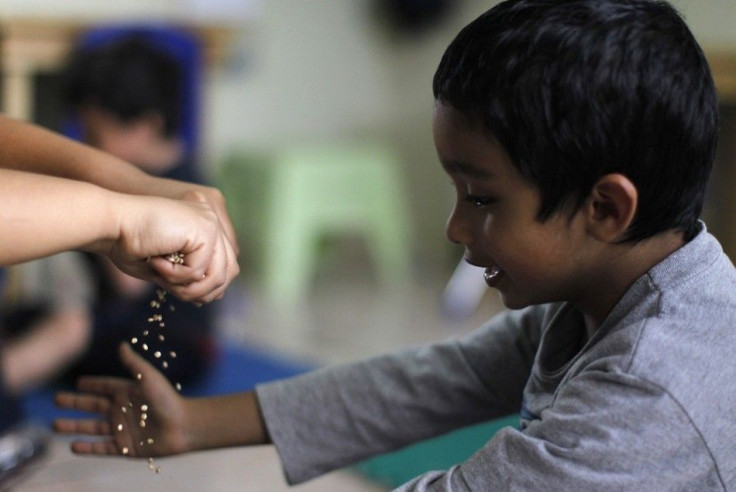Offsprings Of Older Mums Have Lower Risk Of Behavioural Problems

A new Australian study by the Telethon Kids Institute has found that offsprings of older mum were at a lower risk of having serious behavioural problems. The findings show that the chance of behaviour problems in the offspring till the age of 17 lessened with the increase of the mother's age at childbirth.
According to the Herald Sun, the least chances of having a child with serious behavioural problems were for the mothers over the age of 40. The study by the Telethon Kids Institute took into consideration behavioural problems related to issues like delinquency, aggression, anxiety, withdrawal or depression. Questions were asked to the mothers regarding the behavioural problems of the children when they were at the age of 2, 5, 8, 10, 14 and 17. The data was taken from the Raine study of over 2,000 families from West Australia as well as first-hand reports from parents.
It was found that the proportion of mothers whose children had behavioural problems had fallen from 21.7 percent for those between the ages of 20 and 24 years to 13.8 percent for those between the ages of 25 and 29 at childbirth. It was also found that for mothers under the age of 20 during childbirth, the proportion of those children with behavioural problems was 27.9 percent and for mothers over the age of 40, it was just 7.8 percent. When taking into account the adjustments that were based on the impact of education, ethnicity, income as well as maternal smoking and alcohol consumption, it was found that having a child with behavioural problems significantly reduced as the age of the mother increased.
The co-author of the study, Dr Monique Robinson, said that each woman had the choice to decide when it was the right time to have a baby. She said that there were a number of risks associated with being an older mum.
Dr Robinson also posed a question as to why they were seeing that there were benefits for older mums. She said that Jessica Tearne, the study author, was looking into finding the reasons for the results of the study.




















